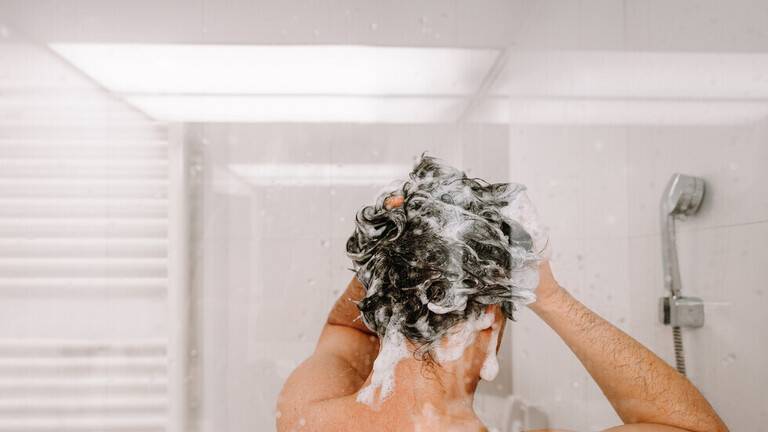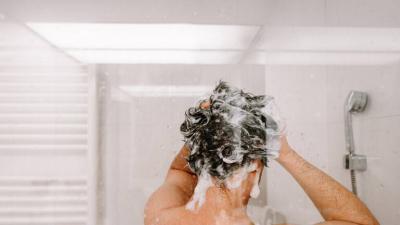Heart attacks are primarily understood in relation to other accompanying diseases (the presence of more than one condition at the same time), such as high cholesterol and high blood pressure. A sudden stoppage of blood flow to the heart can seriously deprive the organ of oxygen, even though individuals may still be conscious and breathing. Some studies have shown that a number of habits can lead to the onset of heart attack symptoms, one of which may occur during showering. Many heart attack victims reported chest pain and shortness of breath in the moments preceding the attack. According to some experts, exposure to sudden bursts of water can be dangerous for individuals with heart conditions.
Harvard Health states, "A heart attack occurs when one of the coronary arteries of the heart suddenly closes or when blood flow is very slow. A heart attack is also called a myocardial infarction. The usual cause of sudden blockage in a coronary artery is the formation of a blood clot." They noted that showering with cold water may have a negative effect on those with heart disease "because it may lead to a heart attack or arrhythmia." The shock of cold water causes blood vessels in the skin to constrict, increasing resistance to blood flow within the body. As a result, the heart rate also increases, making it difficult for the heart to pump blood throughout the body. Blood pressure within the vessels is likely to rise as a consequence. By causing vasoconstriction, cold water can lead to heart crises, even in relatively young and healthy individuals.
The American Heart Association cites research showing that "diving into cold water during hot weather can cause heart attacks even in young, healthy individuals." The research, published in the Journal of Physiology, explained that sudden immersion in cold water harms the body. The American Heart Association explains: "The body's response to cold shock accelerates the heart rate and causes hyperventilation, which can interfere with the dive response, leading to the opposite and preserving oxygen." This outcome is known as involuntary struggle, which leads to abnormal heart rhythms and sometimes sudden death. Professor Mike Tipton, who runs the Extreme Environments Laboratory at the University of Portsmouth, clarified that introducing cold water during bathing should be done cautiously. Cold water bathing can provide health benefits when done correctly, including boosting immunity and mental health.




